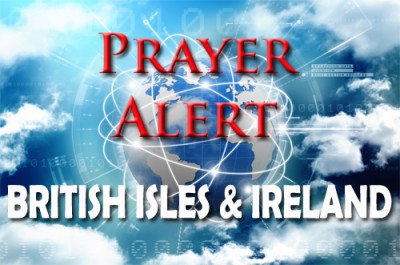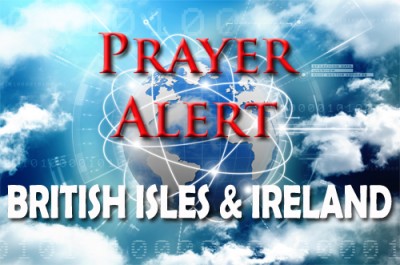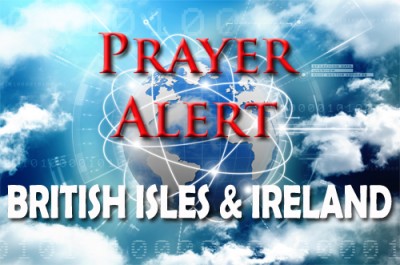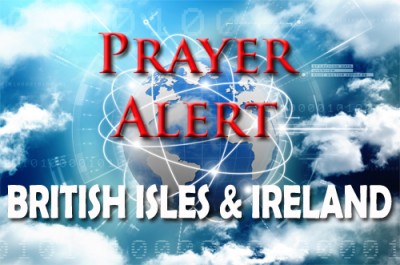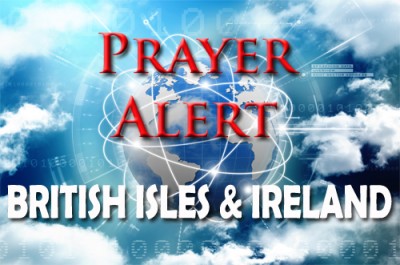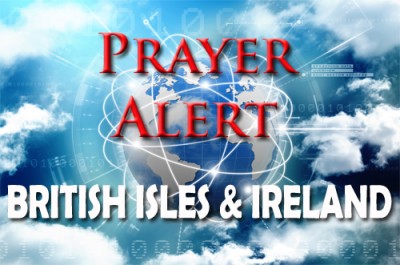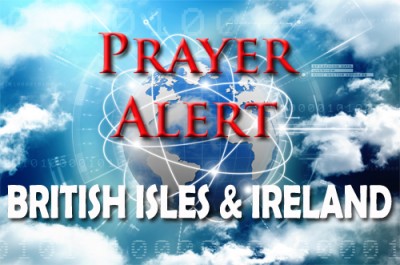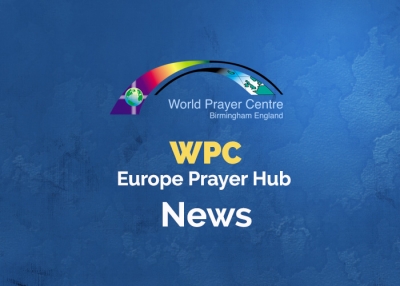More than 3,000 police officers were on duty at Orange Order parades across Northern
Ireland on Monday. Nearly half of them were members of public order units, commonly
referred to as riot police, and deployed to combat violence. The greatest concentration
was in Belfast (1,800 officers). The Orange lodges and accompanying bands were returning
from parades across Belfast to commemorate the victory of the Protestant King William III
at the Battle of the Boyne in 1690. Then trouble erupted at 19:30 and escalated after a
car struck several pedestrians. Nine police officers were hurt and a 16-year-old girl was
struck by an out-of-control car at Belfast parade flashpoints. The violence followed a
day of largely peaceful 12 July loyal order parades. First Minister Peter Robinson said,
‘It is vital that those involved in such riotous activity cease and are held accountable.
They do a massive disservice to the wider cause they claim to support.’
SAS - Welsh hike 'should have ended sooner'
15 Jul 2015An SAS selection march in which three reservists died should have been called off hours
before the first man was found, a coroner said on Tuesday. L/Cpl Craig Roberts died of
multiple organ failure as a result of hyperthermia during a Brecon Beacons march on one
of 2013's hottest days. L/Cpl Edward Maher and Cpl James Dunsby also collapsed and later
died from the effects of overheating. The Brecon Beacons has been used by the military
since Roman times but an inquest heard that the medical plan for the march was not good
enough, water supplies were insufficient and the risk assessment did not identify the
correct hospital for treatment. The inquest heard, ‘if organisers strictly followed the
Ministry of Defence's code of practice the march would have been cancelled.’
Royal Army Chaplains
15 Jul 2015For centuries the Royal Army Chaplains’ Department has ministered to soldiers and their
families in times of war and peace. Chaplains provide spiritual support, pastoral care
and moral guidance to all, irrespective of religion or belief. They are professionally
qualified officers who have been ordained in one of the recognised sending Churches and
have been selected to hold a commission in the Army. They wear the uniforms of the
British Army and accompany their soldiers wherever they go; exercising leadership and
management they are non-combatants and do not bear arms. Regular chaplaincy assignments
to units generally last between two and three years. Over time this enables chaplains to
experience ministry in a wide variety of settings. (See also SAS article)
Members of the Scottish Parliament have launched an inquiry into end-of-life care
provision in Scotland, after the issue was highlighted during debates on legalising
assisted suicide. Committee head Duncan McNeil MSP and his deputy Bob Doris MSP launched
the inquiry at a Marie Curie hospice in Glasgow. Duncan McNeil said, ‘When faced with a
terminal condition, it’s clear that the priority must be to put patients’ needs at the
heart of their treatment and care. We want this inquiry to shine a light on access to
palliative care in Scotland and what more can be done to improve care for people at the
end of their lives.’ * PLEASE NOTE - At Westminster, Labour MP Rob Marris is set to
introduce an assisted suicide Bill in the coming weeks. MPs will vote on the issue on 11
September.
British women should face the truth about IS
15 Jul 2015Khaleel al-Dakhi, a lawyer who helped to rescue 530 women and children from IS-controlled
territory tells of atrocities being committed by IS and warned British women not to join
‘Islamic State’. His work is shown in a Channel 4 Dispatches documentary, broadcast on
Wednesday 15 July at 10pm. ‘They beat the women, they gang-rape them, they make them
have forced marriage with many men. Some women have their infant babies taken away by
force. They take them to a slave market and give women to each other like a gift.’
British women should face up to the truth about IS, Khaleel says, ‘Any British woman
planning to leave the UK to join IS should talk to the escaped women of Sinjar about life
under the terrorists’ rule. If they don’t believe me or you or the government they should
come and talk to our girls, then they will believe.’ See also:
http://www.christianconcern.com/our-concerns/islam/rescue-worker-tells-of-isis-horrors
On Saturday the General Synod gave final approval to a package of proposals intended to
take further the process of making the Church a safer place for children and vulnerable
adults - both by making the disciplinary processes under the Clergy Discipline Measure
2003 more effective where safeguarding issues arise and by strengthening the Church's
wider legal framework in relation to safeguarding in various ways. The legislation was
originally introduced in February 2014 following a consultation launched at Synod in July
2013.
Surrounded by chariots of fire
15 Jul 2015Church leader Dr Joe Boot calls on Christians not to despair in the face of
terrorist attacks and changes in the laws of the land. ‘We must not give in to despair in
the face of loud, high profile opposition to God and the Christian faith. The same is
true for us as it was with Elisha, that the sovereign Lord is on the throne and ‘Those
who are with us are more than those who are with them’ (2Ki.6:16)’. With Islamic
jihadists murdering dozens of Britons in Tunisia and the many laws of our land that do
not agree with the laws of God it would be easy to be despondent as a Christian. However,
the truth of the gospel means we cannot give in to fear, doubt or despair. See also THE
MILL GATHERING STATEMENT at http://wpc.wpengine.netdna-cdn.com/wp-
content/uploads/2015/04/The-Mill-Statement-Apr-2015.pdf
Malta: Pastor to submit accounts
15 Jul 2015Malta’s Tele-evangelist Gordon John Manché’s repeated failures to submit his
organisation’s accounts to the Commissioner for NGOs is due to a disagreement with the
law, according to the religious group’s financial consultant, adding that the most recent
accounts of Nations for Christ will be presented in due course. Nations for Christ have
not submitted their accounts to the Commission since 2010. In that year, they declared an
income of €149,899 solely from donations, a significant leap from the €43,298 declared in
2009. Their spokesperson told MaltaToday, ‘The reason for this delay is not related to
the operation of Nations for Christ but to matters relating to the way legislation
relating to voluntary organisations in Malta has developed, matters that we will be
discussing with the Commissioner for Voluntary Organisations.’
